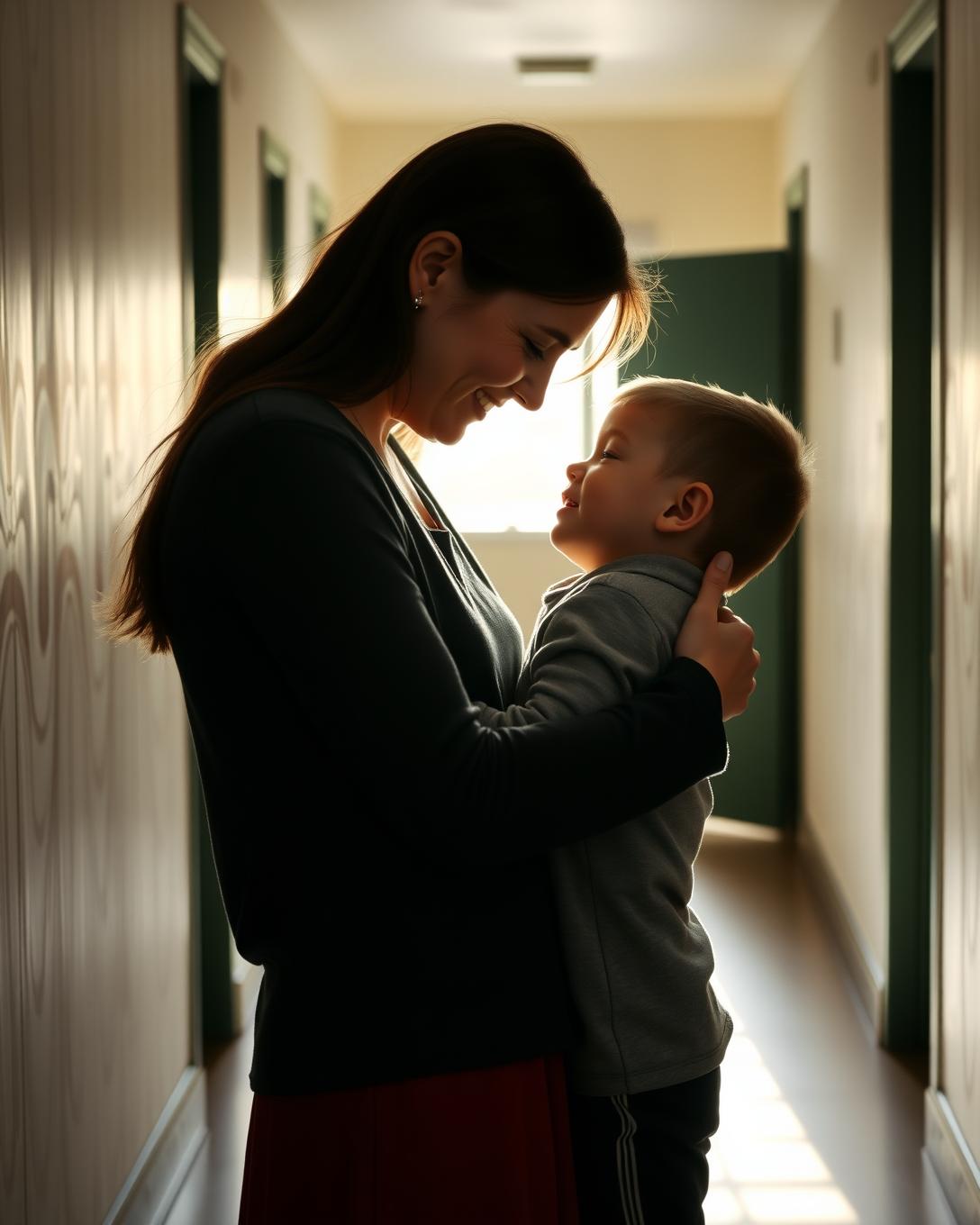When My Stepmother Took Me From the Orphanage: How I Found a Second Mother
Once, I had a happy family—my mom, dad, and me. Our home in Yekaterinburg was always filled with laughter and warmth. But life had other plans.
When I was eight, my mother fell gravely ill. We held on to hope until the very end, but one day my father came home from the hospital with a vacant stare and said, “Anna is gone.” After that, he broke down. Beer replaced meals, and chaos took over our apartment. I went to school in worn-out clothes, friends drifted away, and teachers looked at me with pity.
The neighbors called child protective services. Stern women arrived, inspected our dirty kitchen, and warned, “If nothing changes within a month, we’ll take the boy away.” My father panicked—sobering up, buying groceries, cleaning the apartment. It seemed like life was turning around.
Two weeks later, Dad introduced me to Aunt Larisa. She lived in Chelyabinsk with her son Vitka, two years younger than me. At first, I didn’t trust her—how could anyone forget their mother so quickly? But Larisa was kind. We began visiting her more often, and one day I told Dad,
“Dad, I like it at Aunt Larisa’s.”
Soon, we moved in with her, and our apartment was rented out. Life started to settle: I got excited about school again and even began to smile. But happiness was fleeting. One day, Dad went to work and never came back—a heart attack. At ten years old, I became an orphan.
Three days later, child services came. Without a trace of emotion, they said, “You’re going to the orphanage. Aunt Larisa isn’t family.” They took me away. In my pocket, I clutched Dad’s keychain—that was all I had left of him.
The orphanage in Perm was a harsh test. I shut down, kept my distance from everyone. But Larisa didn’t give up—every week she brought sweets, books, warm clothes. She promised, “I’ll come for you soon.” I stopped believing; the courts and paperwork dragged on for years.
One day, I was summoned to the director’s office. There stood Larisa, radiant, and next to her, a grown-up Vitka.
“That’s it, Sasha, we’re going home,” she whispered.
I wept, holding them tightly.
That was the start of a new life. We returned to Chelyabinsk. Larisa became my mother in every way—loving me as her own. We lived simply but happily. Holidays were spent around the table, eating her homemade cabbage pies. She taught us never to give up.
I graduated from school, enrolled in university, and found a job. Vitka grew into a fine young man. We became brothers, though not by blood.
Now, we both have families of our own, but every weekend, our wives and children gather at Larisa’s house. She bakes pancakes, laughs with her grandchildren, and worries for us just as she always did.
I am deeply grateful to fate for her. Without Larisa, I might have been lost. She taught me the most important lesson—family isn’t about blood, but love. No matter how many years pass, I carry that truth in my heart forever.
